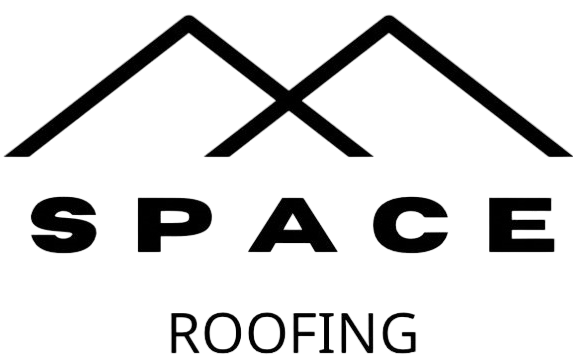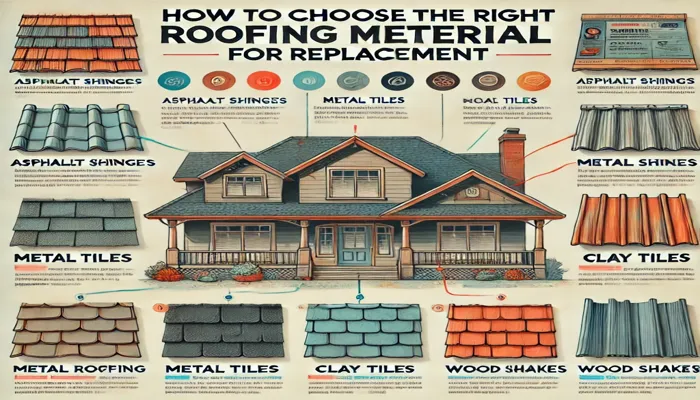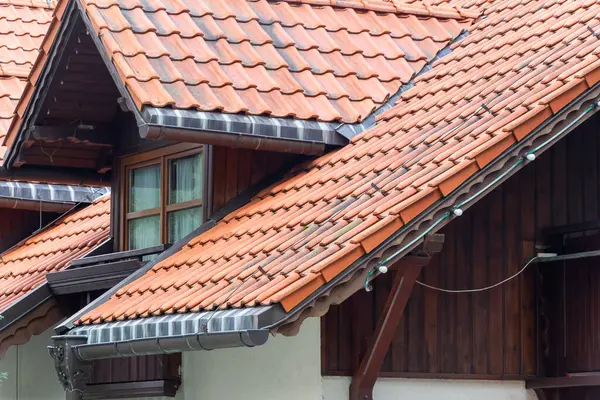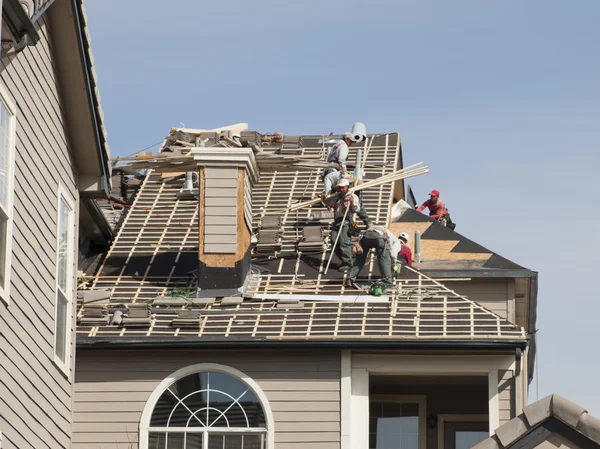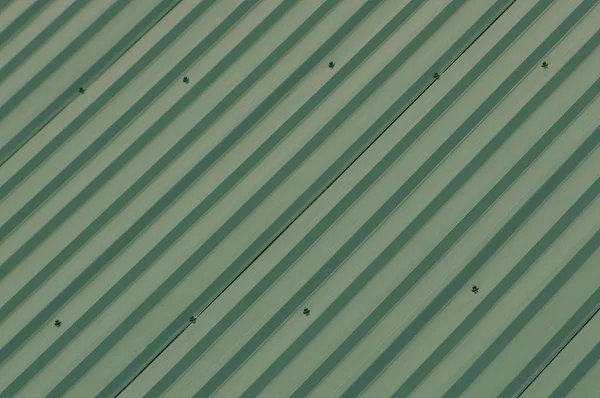Choosing asuitable roofing material is one of the most important decisions for your home. It’s not just about aesthetics or curb appeal; it’s a long-term investment that impacts your home’s durability, energy efficiency, and overall value. According to Industry Today, steel and aluminum are the most popular roofing materials. However, other elements like copper and alloy can also offer unique benefits.
Selecting the right roofing material can be overwhelming from the variety of options available. This is where professional roof inspections come into play. A thorough expert roof inspection helps identify the best material for your needs to ensure your investment pays off in the long run.
If you’re in the process of selecting the right roofing material, this blog post is designed to be your comprehensive guide. It will equip you with the necessary knowledge to make an informed decision about replacing your home’s roof.
But First, know your Roofing needs
Balancing the upfront cost with the long-term investment helps you make a wise financial choice for your roofing project. When choosing the right roofing material, consider your local climate, weather conditions, and environmental concerns. These factors directly impact how long your roof will last and how well it will perform.
For instance, if you live in an area with heavy snowfall, you’ll need a material that can handle the weight and moisture. On the other hand, if your home is in a hot and sunny region, you’ll want a roof that reflects heat and withstands UV rays.
The second need is budget. Your budget plays a vital role in your decision-making process. It’s important to discuss how much you’re willing to spend and understand how different materials fit within your budget. While some roofing options might be cheaper initially, they could cost more in the long run due to maintenance and shorter lifespans.
How to Choose the Right Roofing Material?

Many roofing materials are available on the market, but choosing the right one can take time and effort. You need to know about the types of roofing materials and their pros and cons.
Asphalt Shingles
Asphalt shingles are a popular choice for many homeowners due to their affordability and ease of installation. They work well in various climates, especially in moderate regions without extreme weather conditions. But they don’t last as long as other materials and can be susceptible to damage from high winds or severe storms.
Metal Roofing
Metal roofs stand out for their durability and aesthetic appeal. They can last for decades and offer excellent resistance to the elements, including high winds, heavy rain, and snow. Metal roofs also reflect heat, which makes them energy-efficient in hot climates.
While metal roofs can be more expensive upfront, their longevity and low maintenance make them a cost-effective option in the long run. To learn more about the benefits of metal roofs.
Tile Roofing
Tile roofing is known for its longevity and low maintenance. It can last for many years and provide excellent insulation. It also keeps homes cooler in hot climates and is resistant to fire and insects. However, tile roofs can be heavy, so you need to ensure your house can support the weight.
Wood Shingles and Shakes
Wood shingles and shakes offer natural beauty and sound insulation properties. They add a charming, rustic look to any home. However, they require more maintenance than other materials and are less fire-resistant. If you live in a dry, fire-prone area, take extra precautions or consider other options.
Slate Roofing
Slate roofing provides high durability and a classic look. Slate tiles can last for a century or more, which makes them an incredibly long-lasting option. They are also resistant to fire, mould, and mildew. However, slate is heavy, so your home needs adequate structural support. Slate roofs can be expensive, but their timeless beauty and durability can justify the cost for many homeowners.
Conclusion
Choosing the right roofing material for your home is a decision that demands careful consideration of various factors. Making a decision through these options might seem daunting, but you don’t have to make this decision alone.
Professional guidance is key in selecting a roofing material that meets your needs and ensures a sound long-term investment. For expert advice and top-quality roofing services and inspections, consider contacting Space Roofing.
With their comprehensive roof inspection services and wide range of roofing solutions, Space Roofing can help you make an informed choice that enhances your home’s aesthetic, functionality, and value. Their team of experienced professionals is dedicated to providing you with the right roofing material and support throughout the process.
Remember, theright roofing material protects your home and contributes to its overall appeal and efficiency for years to come.
FAQs
How do I determine the best roofing material for my local climate?
Consider your area’s weather conditions and environmental factors. For regions with heavy snowfall, opt for durable materials like metal or slate. In hot climates, metal or tile roofing reflects heat and provides good insulation. Consult with a professional to assess how different materials perform in your specific climate.
What is the most cost-effective roofing material?
Asphalt shingles are generally the most affordable option and are easy to install. However, consider long-term costs like maintenance and lifespan. While metal roofing has a higher initial cost, its durability and low maintenance can make it more cost-effective over time. Balance your budget with the material’s longevity and performance.
How long do different roofing materials typically last?
Asphalt shingles last about 15-30 years, while metal roofing can last 40-70 years. Tile roofs typically last 50 years or more, and slate roofs can last over a century. Wood shingles and shakes have a lifespan of 20-40 years but require more maintenance. Choose a material that aligns with your long-term plans for your home.
Are there any maintenance considerations for different roofing materials?
Metal and tile roofs are low maintenance and durable, while wood shingles and shakes require more upkeep to prevent issues like rot and insect damage. Asphalt shingles may need occasional repairs after severe weather. Regular inspections and maintenance can extend the lifespan of any roofing material, ensuring it performs well over time.
How do I know if my home can support a heavier roofing material like tile or slate?
Heavier materials like tile and slate require strong structural support. Have a professional inspect your home’s framework to determine if it can handle the weight. If your home isn’t structurally suitable for heavy materials, consider lighter options like metal or asphalt shingles. Always consult with a roofing expert to ensure safety and stability.
